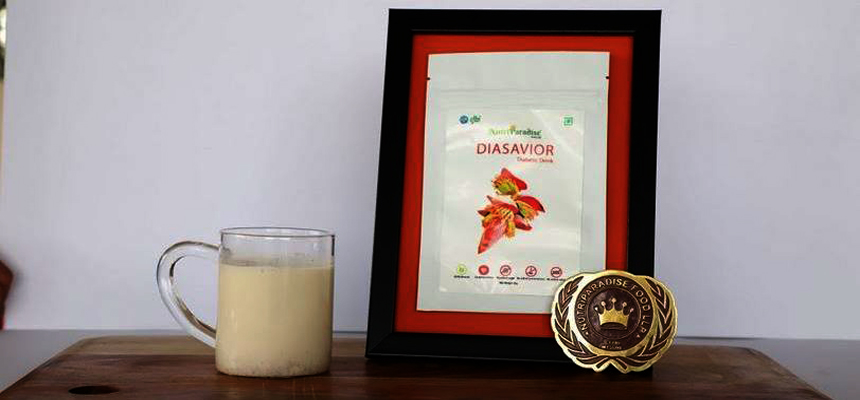Global Mpox Crisis: WHO Issues International Public Health Emergency Alert

Are we facing a new global health crisis? Is India at risk? The World Health Organization (WHO)
has recently declared Mpox, previously known as monkeypox, a public health emergency of
international concern (PHEIC). This decision comes after a significant rise in cases, particularly
across Africa. But what does this mean for India? According to Indian health authorities, the risk
of a major Mpox outbreak in the country remains very low. The last reported case in India was
in March 2024, from Kerala, bringing the total number of confirmed cases to 30 since the
outbreak began in 2022. Despite the global alert, experts assure that there's no need for panic
in India at this time. Dr. Dr. Gowri Sankar Bapanapalli
Sr. Consultant Physician & Diabetes Care
MBBS MD(Gen Med), MRCP (UK), PGDD(Cardiff, at, Mallareddy narayana multi-speciality hospital shares
valuable insights on the Mpox situation in this article.

Dr. Gowri Sankar Bapanapalli
Sr. Consultant Physician & Diabetes Care
MBBS MD(Gen Med), MRCP (UK), PGDD(Cardiff)
Mallareddy Narayana multi-speciality hospital
1. What is mpox (monkeypox)?
Mpox was first detected in humans in 1970. Mpox is an illness caused by the monkeypox virus.
It spreads mainly through close contact between people, and sometimes from surfaces or
things touched by someone with mpox. In areas where the virus is found in wild animals, it can
also spread from these animals to people who come into contact with them. The World Health
Organization (WHO) now uses the term "mpox" instead of "monkeypox."
2. What are the major types of Mpox variants?
There are two main types of the mpox virus: Clade I from Central Africa and Clade II from West
Africa. The current global outbreak (2022-2023) is caused by Clade IIb, a milder version of the
West African type.
Clade 1 (Congo Basin Clade): This variant is found mainly in Central Africa, particularly in the
Congo Basin region. It is known to be more severe, with a higher mortality rate compared to
Clade 2. Symptoms are often more intense, and the virus spreads more easily among humans.
Due to its severity, it requires close monitoring and more robust healthcare measures.
Clade 2 (West African Clade): This variant is predominantly found in West Africa. It is generally
less severe than Clade 1, with lower mortality rates. Although it spreads among humans, the
transmission rate is lower compared to Clade 1. Despite being milder, it still poses a public
health risk, especially in areas with weaker healthcare infrastructure.
3. What are the symptoms of mpox, and what does it look like?
Mpox symptoms usually appear 3 to 17 days after exposure. The illness lasts 2 to 4 weeks and
includes:
• Fever
• Skin rash
• Swollen lymph nodes
• Headache
• Muscle and back aches
• Chills
• Tiredness
The rash often starts on the face, hands, or feet, but in recent outbreaks, it may begin in the
genital area, mouth, or throat. The rash changes from flat spots to blisters, which fill with pus,
scab over, and eventually fall off. You can spread mpox while you have symptoms, from when
they start until the rash and scabs heal. If you notice a new rash or symptoms, see a healthcare
professional right away.
4. How does the mpox virus spread?
Mpox spreads through close contact with an infected person or animal. It can also spread via
contaminated materials like blankets. Ports quarantine and isolation measures and immediate
notification to authorities are the best ways to minimize spread.
The virus spreads from person to person through:
• Direct contact with rashes, scabs, or body fluids
• Prolonged close contact with respiratory droplets, including during sexual contact
• Contaminated clothing or bedding
• An infected pregnant person can pass the virus to the baby
From animals to people, mpox can spread through:
• Bites or scratches
• Eating wild game
• Handling products made from infected animals
• Contact with animal fluids or rashes
5. How is mpox diagnosed?
Diagnosing mpox can be tricky because it looks similar to other infections. The virus is 96%
similar to smallpox virus. Testing is important and usually involves taking samples directly from
the rash. PCR tests detect the virus’s DNA, which is the preferred method.
6. How is mpox treated?
Treatment focuses on managing symptoms and preventing complications. It may include pain
relief and supportive care. Vaccination can help prevent infection if given soon after exposure.
The vaccine is recommended for those at high risk, like health workers, men who have physical
relationships with men, people with multiple sexual partners. It should be given within 4 days of
exposure or up to 14 days if no symptoms are present.
7. What is the current status of mpox in India?
No new cases of mpox have been reported in India since March 2024. The risk of a large
outbreak is considered low. The Health Ministry is working on improving surveillance and
informing healthcare providers about mpox. Health authorities have expressed concerns about
the potential for increased cases due to international travel.
Two WHO-approved vaccines are available to combat mpox. However, there is currently no
definitive therapy for the virus. Prevention remains the best strategy to contain the outbreak,
with public health officials emphasizing the importance of avoiding close skin-to-skin contact
with individuals who have a rash resembling mpox. This includes avoiding contact with skin
showing signs of pimples, blisters, scabs, or other rash-like symptoms. While sexual
transmission is rare, it is still a potential route of spread.
Conclusion
Mpox, a virus similar to smallpox, was declared a global health emergency by the WHO on
August 14, 2024. The Clade 1B variant, which is behind most recent cases, has increased
worldwide concern. Malla Reddy Narayana Hospital in Hyderabad provides comprehensive care
and management for infectious diseases, including mpox. The hospital is equipped with
advanced facilities and expert medical staff and ensures prompt diagnosis and effective
treatment. For expert consultation and appointment regarding mpox and other health
concerns, contact Malla Reddy Narayana Hospital today. Your health is our priority!

 Disclaimer: Welthi.com does not guarantee any specific results as a result of the procedures mentioned here, and the results may vary from person to person.
Disclaimer: Welthi.com does not guarantee any specific results as a result of the procedures mentioned here, and the results may vary from person to person.









